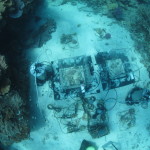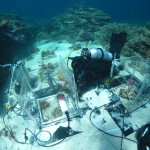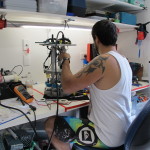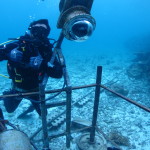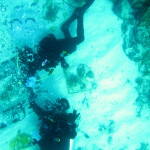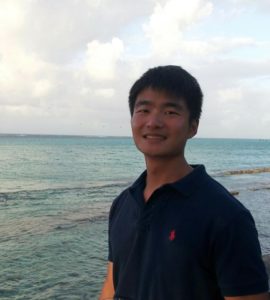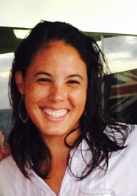Category Archives: Uncategorised
Dr Matheus A. Mello-Athayde
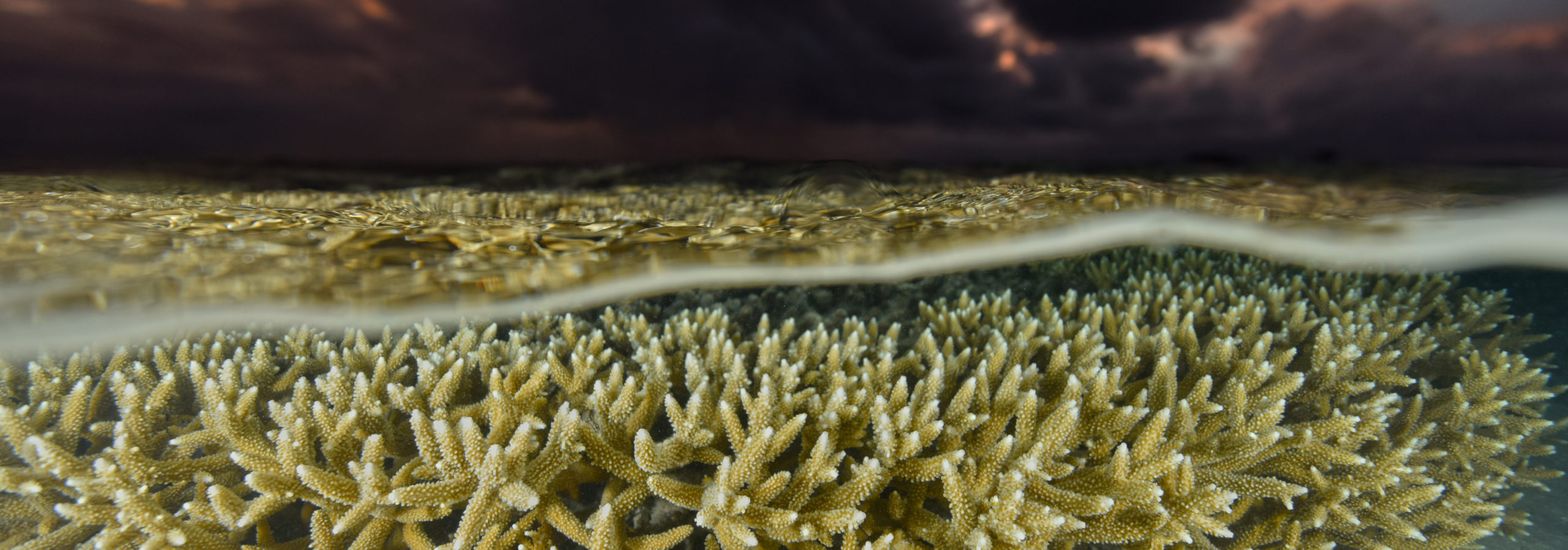
Matheus Mello-athayde
About
Dr. Matheus is a postdoctoral research fellow at The University of Queensland (UQ, Australia). Matheus is a marine biologist that has recently completed his Ph.D. at the Coral Reef Ecosystems Laboratory (CRE lab) and ARC Centre of Excellence Coral Reef Studies at UQ, under the supervision of A/Professor Dr. Sophie Dove, Dr. Selina Ward, and Professor Dr. Ove Hoegh-Guldberg. Matheus’s Ph.D. and current research focuses on the present and future coral biology and physiology under different reef environments and the impacts of ocean warming and acidification. Matheus graduated with a double degree in science: Bachelor of Science (teaching degree, 2008) and Bachelor of Biological Science with Honours (Marine Biology Major, 2009) from Santa Cecilia University, Brazil.
Matheus is a passionate and dedicated marine biologist, wildlife and underwater photographer. He grew up snorkelling the coast of Brazil, learning to appreciate and protect the ocean’s biodiversity. Since he was a teenager, he has been involved with marine science and started to work as an Aquarist and Marine Education Officer on the largest public aquarium in South America at the time (Acqua Mundo, Brazil).
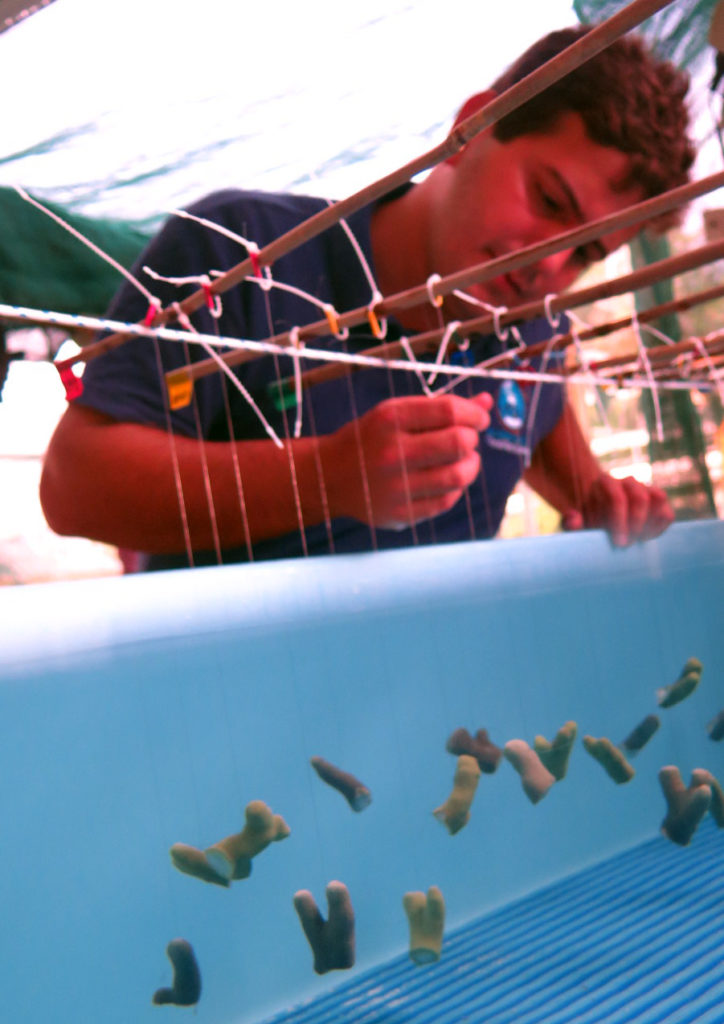
While undertaking his bachelor’s degree, he worked on different scientific projects, presenting the research outcomes at various conferences and symposiums. His work experience included biometric data acquisition and scientific identification on one of the most extensive collections of preserved sharks and rays in Brazil, at the centre of studies of Elasmobranchii, NUPEC. He contributed as a biologist on a centre of rescue and rehabilitation of marine animals at the Gremar Institute, Brazil. While at Gremar he worked on an educational outreach program funded by the Guarujá city council as a teacher for public high schools’ students. He also worked for the University of Sao Paulo as a marine educator and snorkelling guide on a marine ecology outreach project. Matheus had a passion for the zoology of invertebrates, his honours degree project focused on the ecology of rocky shore environments, which led him to start a work internship with corals reefs at the University of Sao Paulo.
In January 2011, Matheus joined the CRE laboratory where he had the opportunity to learn, design and perform field and laboratory experiments, field samples collection, data collection, statistical analyses, and statistical modelling. Matheus’s research collaborations ranged from DNA extractions to performing long term in-situ and laboratory experiments on different coral species and bioerosive sponges, with a goal to advance our knowledge on how the impact of climate change, such as increases in ocean temperature and acidification, will affect the coral reefs.
Matheus was awarded a full doctoral fellowship on a research project entitled “Porites cylindrica (Dana, 1846), a resilient coral found on the Great Barrier Reef: present and future coral physiology”. The overall aim of Matheus’s PhD thesis is to better understand how corals with different life-history respond to changes in the present and future abiotic environments. His PhD project utilized the state-of-the-art laboratory automated control system for studying the effects of ocean acidification and warming. His project was also one of the firsts to incorporate the newest automated underwater incubations system in order to measure in situ calcification and metabolic rates.
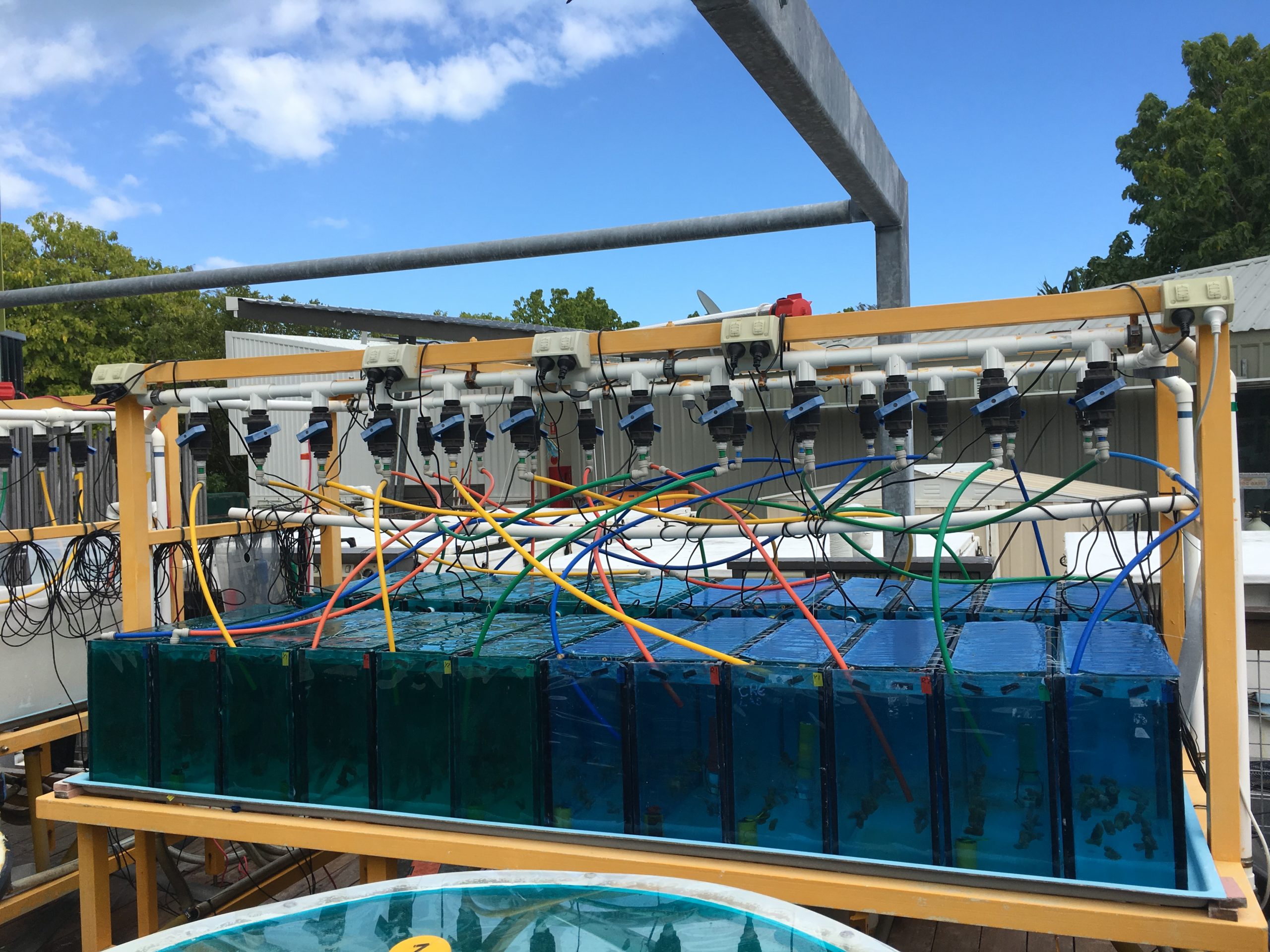
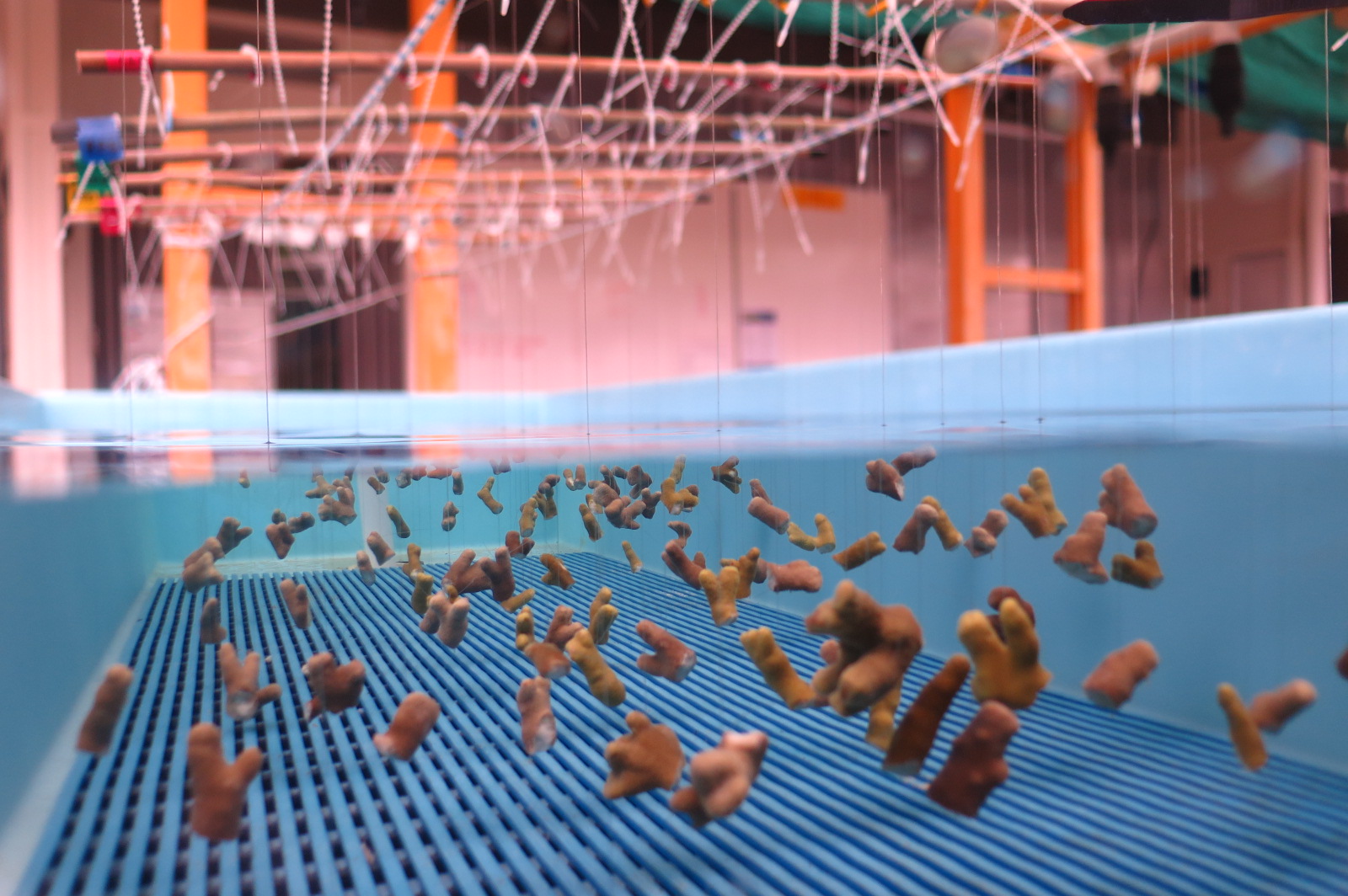
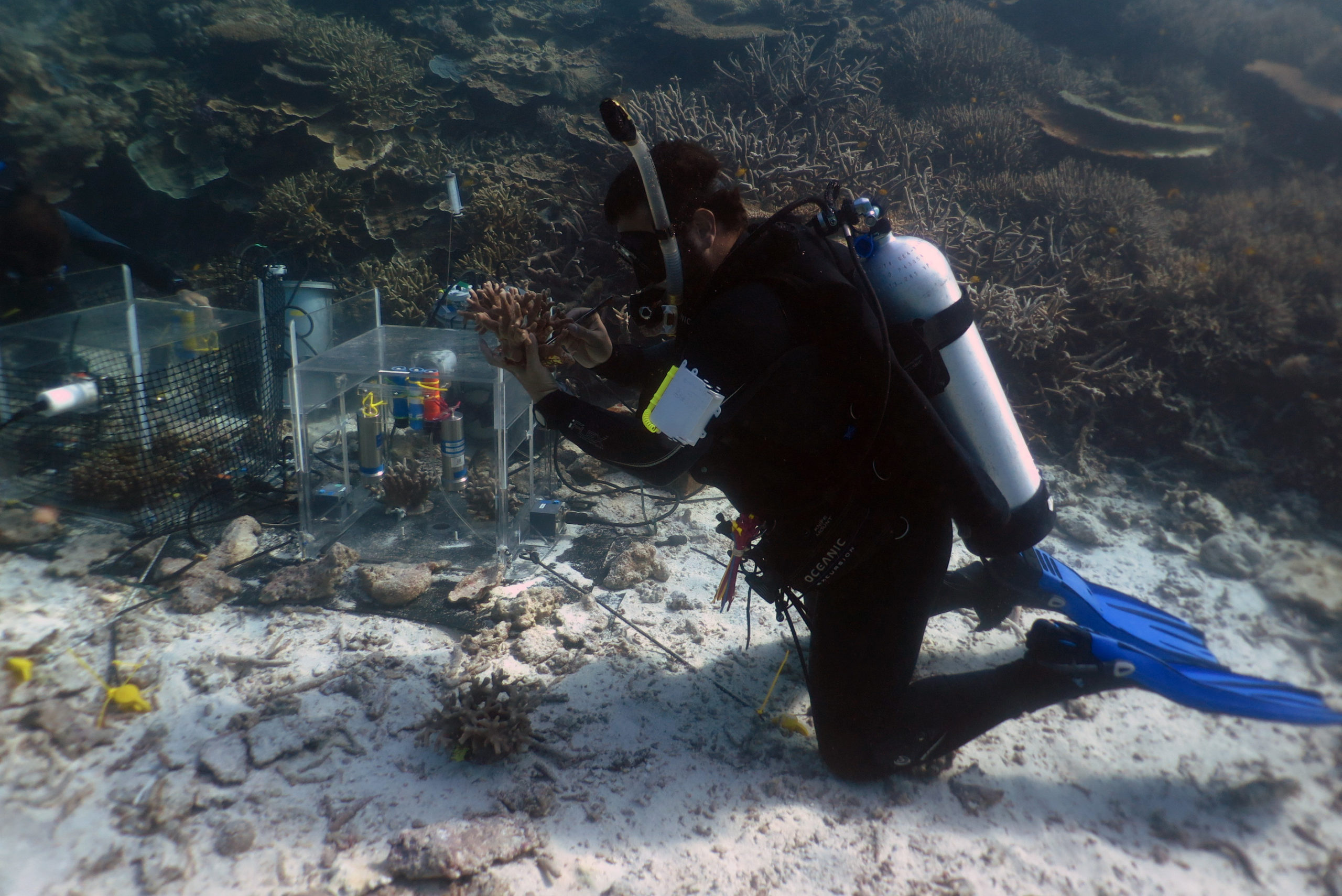


The hope for the coral reefs is going beyond finding “super corals” that would be able to resist bleaching and survive stressful thermal events but find corals that also can maintain a higher percentage of coral cover, by growing rapidly upwards to counter sea level rises, maintain high recruitment levels and increase their skeletal density to prevent breakages due to the wave energy that coral reefs might be facing in the future.







Matheus Mello-athayde
Current projects and collaborations:
- Porites cylindrica (Dana, 1846), a resilient coral found on the Great Barrier Reef: present and future coral physiology. in collaboration with Associate Professor Sophie Dove (UQ, Australia), Professor Ove Hoegh-Guldberg, Dr Selina Ward.
Sub–projects:
- Conservative growth by hard coral exposed to variable environments.
- Long term in-situ growth dynamics of reef-flat and reef-slope Porites cylindrica as a function of origin and reciprocal transplantation.
- Future scenario experiment, responses of Porites cylindrica coral to future warming and acidification scenarios under different lights.
- Responses of Porites cylindrica coral to future summer warming and acidification scenarios under different lights.
- Porites cylindrica genetic variation between Heron Island reef habitats. in collaboration with Dr Pim Bongaerts (California Academy of Sciences, USA)
- Importance of heterotrophic feeding for Porites cylindrica as an alternative survival strategy.
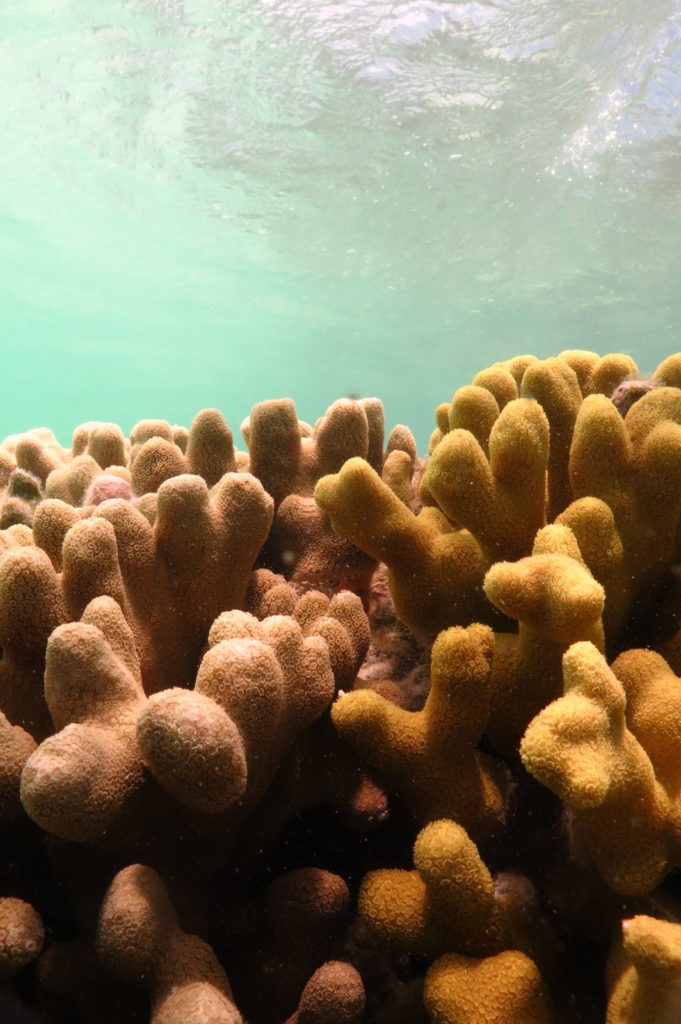
- “History of thermal stress impairs calcification and expansion in branching coral”, in collaboration with Professor Amatzia Genin (The Hebrew University, The Interuniversity Institute for Marine Science in Eilat, Israel) and Dr Kristen Brown (University of Pennsylvania, USA), Dr Veronica Radice (Old Dominion University, USA) and Associate Professor Sophie Dove (UQ, Australia).
- “Effect of diel pH variability on acidification resilience, calcification and tissue energetics in corals with contrasting environmental pH histories”, in collaboration with Dr Kristen Brown (University of Pennsylvania, USA), Associate Professor Sophie Dove (UQ, Australia) and A. Prof. Katie Barott (University of Pennsylvania, USA).
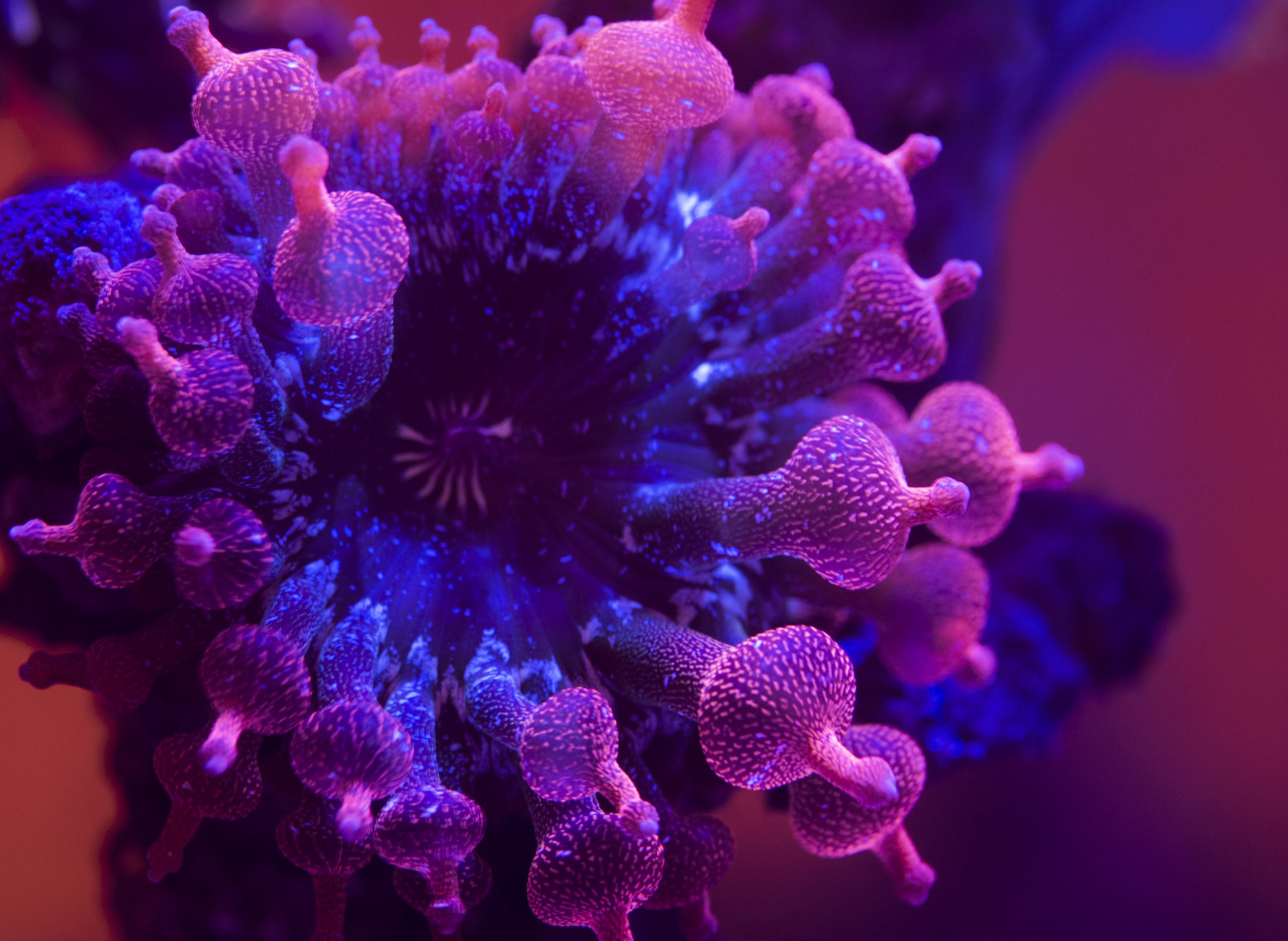
Matheus Mello-athayde
Main Collaborators
Associate Professor Sophie Dove (The University of Queensland, Australia)
Professor Ove Hoegh-Guldberg (The University of Queensland, Australia)
Dr Selina Ward (The University of Queensland, Australia)
Dr Kristen Brown (University of Pennsylvania, USA)
Professor Amatzia Genin (The Hebrew University, The Interuniversity Institute for Marine Science in Eilat, Israel)
Dr Veronica Radice (Old Dominion University, USA)
Dr Pim Bongaerts (California Academy of Sciences, USA)
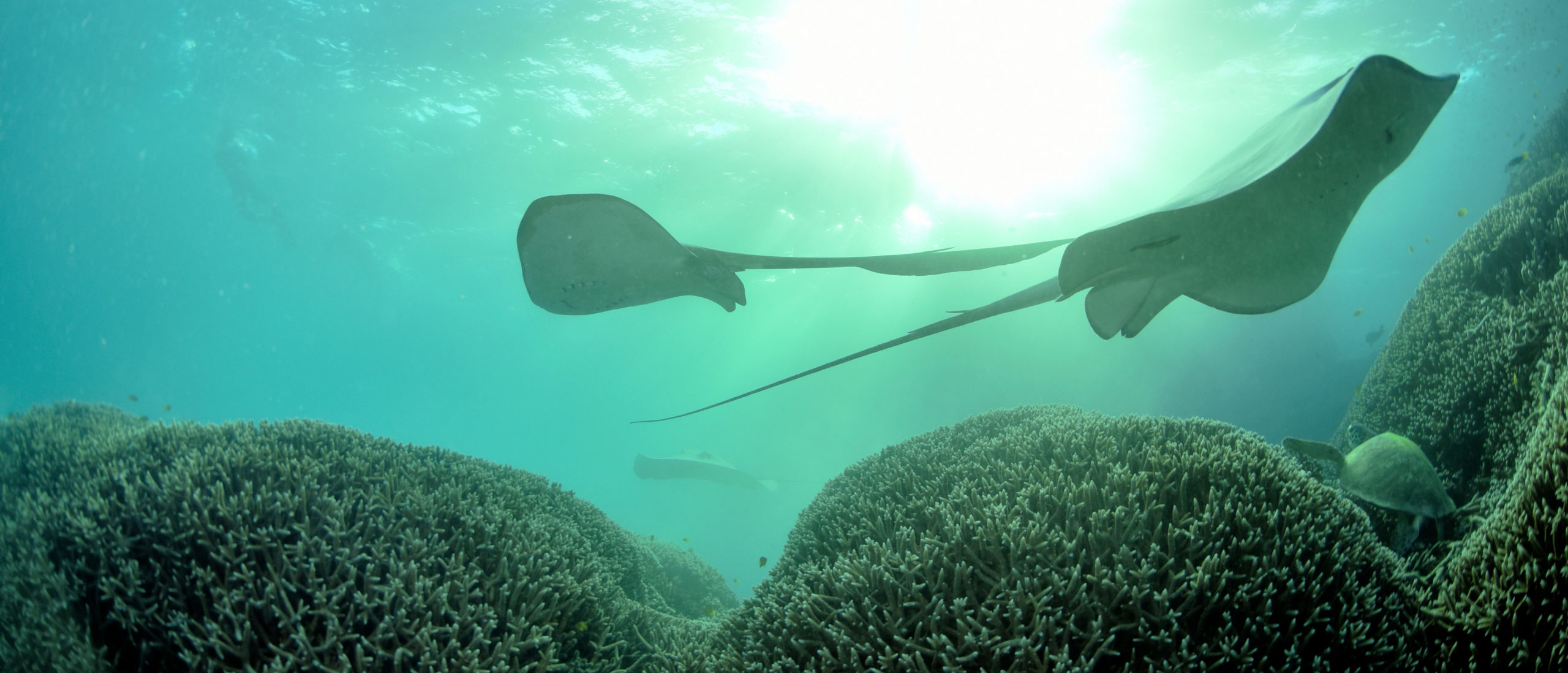
Matheus Mello-athayde
Publications
Brown KT, Mello-Athayde MA, Sampayo EM, Chai A, Dove S, Barott KL (2022) Environmental memory gained from exposure to extreme pCO2 variability promotes coral cellular acid–base homeostasis, Proceedings of the Royal Society B: Biological Sciences. https://doi.org/10.1098/rspb.2022.0941
Clark V, Mello-Athayde MA, Dove S (2022) Colonies of Acropora formosa with greater survival potential have reduced calcification rates. PLOS ONE https://doi.org/10.1371/journal.pone.0269526
Mello-Athayde MA (2021) Present and future coral physiology of the resilient coral Porites cylindrica (Dana, 1846). PhD Thesis. https://doi.org/10.14264/8f8e563
Rosic N, Rémond C, Mello-Athayde MA (2020) Differential impact of heat stress on reef-building corals under different light conditions. Mar Environ Res 158. https://doi.org/10.1016/j.marenvres.2020.104947
Fang JKH, Schönberg CHL, Mello-Athayde MA, Achlatis M, Hoegh-Guldberg O, Dove S (2018) Bleaching and mortality of a photosymbiotic bioeroding sponge under future carbon dioxide emission scenarios. Oecologia 187:25–35 https://doi.org/10.1007/s00442-018-4105-7
Fang JKH, Schönberg CHL, Mello-Athayde MA, Hoegh-Guldberg O, Dove S (2014) Effects of ocean warming and acidification on the energy budget of an excavating sponge. Glob Chang Biol 20:1043–1054 https://doi.org/10.1111/gcb.12369
Fang JKH, Mello-Athayde MA, Schönberg CHL, Kline DI, Hoegh-Guldberg O, Dove S (2013) Sponge biomass and bioerosion rates increase under ocean warming and acidification. Glob Chang Biol 19:3581–3591 https://doi.org/10.1111/gcb.12334
Athayde MAM, Borges RP (2009). Characterization of the macrobenthic community of the rocky shore of the Urubuqueçaba Island, Santos – SP (Brazil). Honours thesis – Revista Ceciliana.
Mello-Athayde MA, Hoegh-Guldberg O, Ward S, Dove S (2020) Conservative growth by hard coral exposed to variable environments. PhD thesis, in revision.
Mello-Athayde MA, Hoegh-Guldberg O, Ward S, Dove S (2020) Conservative growth by hard coral exposed to variable environments. In revision.
Mello-Athayde MA, Hoegh-Guldberg O, Ward S, Dove S (2020) Long term in-situ growth dynamics of reef-flat and reef-slope Porites cylindrica as a function of origin and reciprocal transplantation. In revision.
Mello-Athayde MA, Hoegh-Guldberg O, Ward S, Dove S (2020) Future scenario experiment, responses of Porites cylindrica coral to future warming and acidification scenarios under different lights. In revision.
Mello-Athayde MA, Hoegh-Guldberg O, Ward S, Dove S (2021) Responses of Porites cylindrica coral to future summer warming and acidification scenarios under different lights. In prep.
Mello-Athayde MA, Bongaerts P, Hoegh-Guldberg O, Ward S, Dove S (2021) Porites cylindrica genetic variation between Heron Island reef habitats. In prep.
Mello-Athayde MA, Hoegh-Guldberg O, Ward S, Dove S (2021) Importance of heterotrophic feeding for Porites cylindrica as an alternative survival strategy. In prep.
Other Publications, presentations and invited talks
Mello-Athayde MA, Ward S, Hoegh-Guldberg O, Dove S (2020) Conservative growth by hard coral exposed to variable environments: impact of reciprocal translocation between reef-flat and reef-slope. 14th International Coral Reef Symposium, Germany.
Mello-Athayde MA, Ward S, Hoegh-Guldberg O, Dove S (2018) Porites cylindrica (Dana, 1846), a resilient coral found on the Great Barrier Reef: present and future coral physiology. 91th Australian Coral Reef Society (ACRS) Conference, Exmouth, Western Australia.
Mello-Athayde MA, Ward S, Hoegh-Guldberg O, Dove S (2017) Calcification and production in two populations of Porites cylindrical (Dana, 1846): impact of reciprocal translocation. 90th Australian Coral Reef Society (ACRS) Conference, Townsville, Australia.
Mello-Athayde MA, Ward S, Hoegh-Guldberg O, Dove S (2016) Importance of heterotrophic feeding for Porites cylindrica as an alternative survival strategy. 13th International Coral Reef Symposium, Honolulu, USA.
Bongaerts P, Sampayo E, Mello-Athayde MA, Tonk L, Dove S (2012) SymbioGBR: a web-based database of Symbiodinium diversity and host associations on the Great Barrier Reef. 12th International Coral Reef Symposium, Cairns, Australia.
Maranho A, Mello-Athayde MA (2008) Monitoring, identification and quantification of sea turtle stranding in Baixada Santista, State of São Paulo in the period 2007-2008. 11° Marine Biology Symposium, Santos, Brazil.
Mello-Athayde MA, Giordano F (2006) Sea urchin as an environmental indicator- a tool to assess rocky shore ecosystems, IV Semana da Biologia Marinha e Gerenciamento Costeiro da UNESP, Sao Vicente, Brazil.
Mello-Athayde MA, Giordano F (2006) Sea urchin as an environmental indicator, IV Jornada Ceciliana de Iniciação Científica, Santos, Brazil.
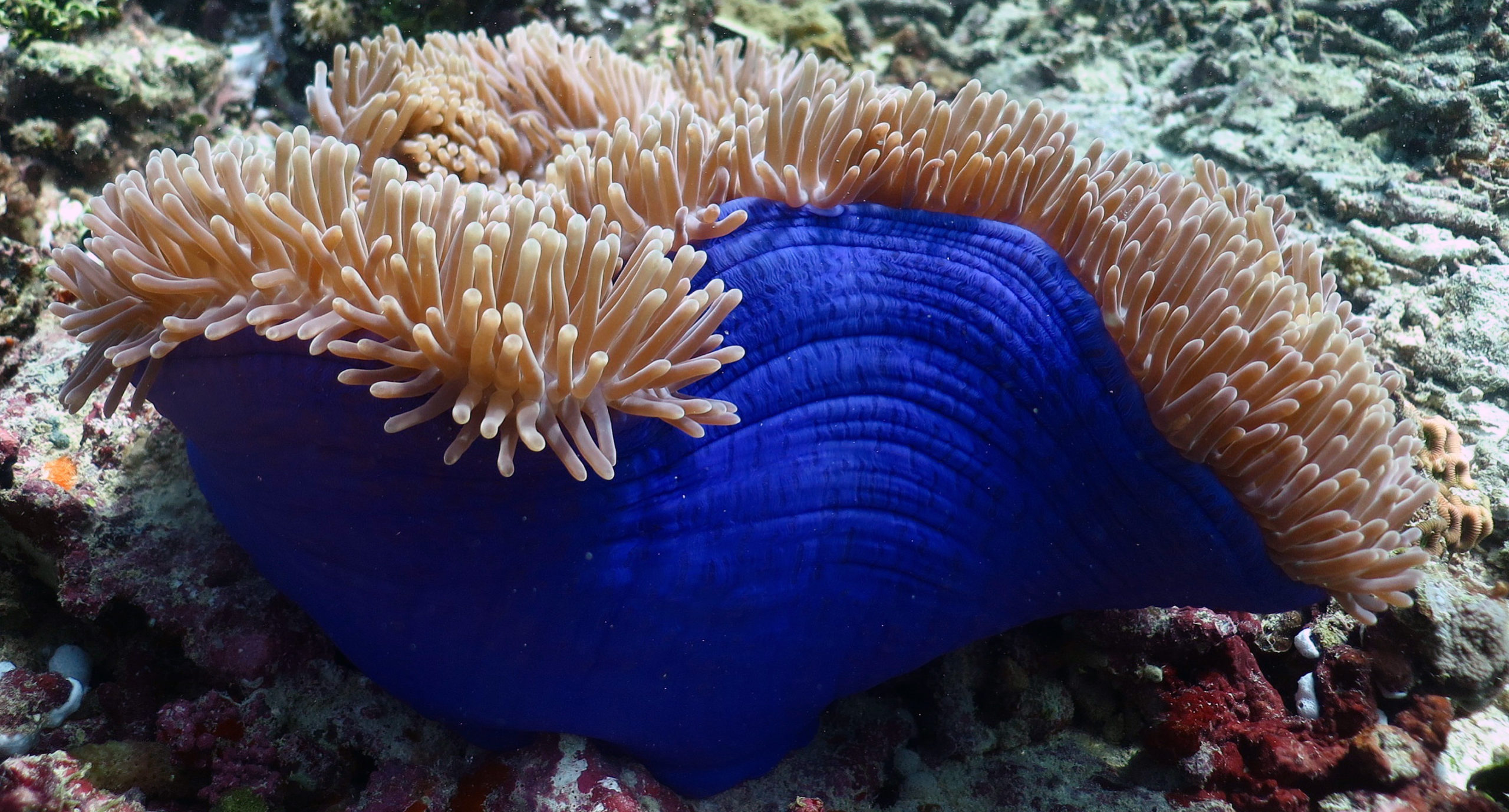
Matheus Mello-athayde
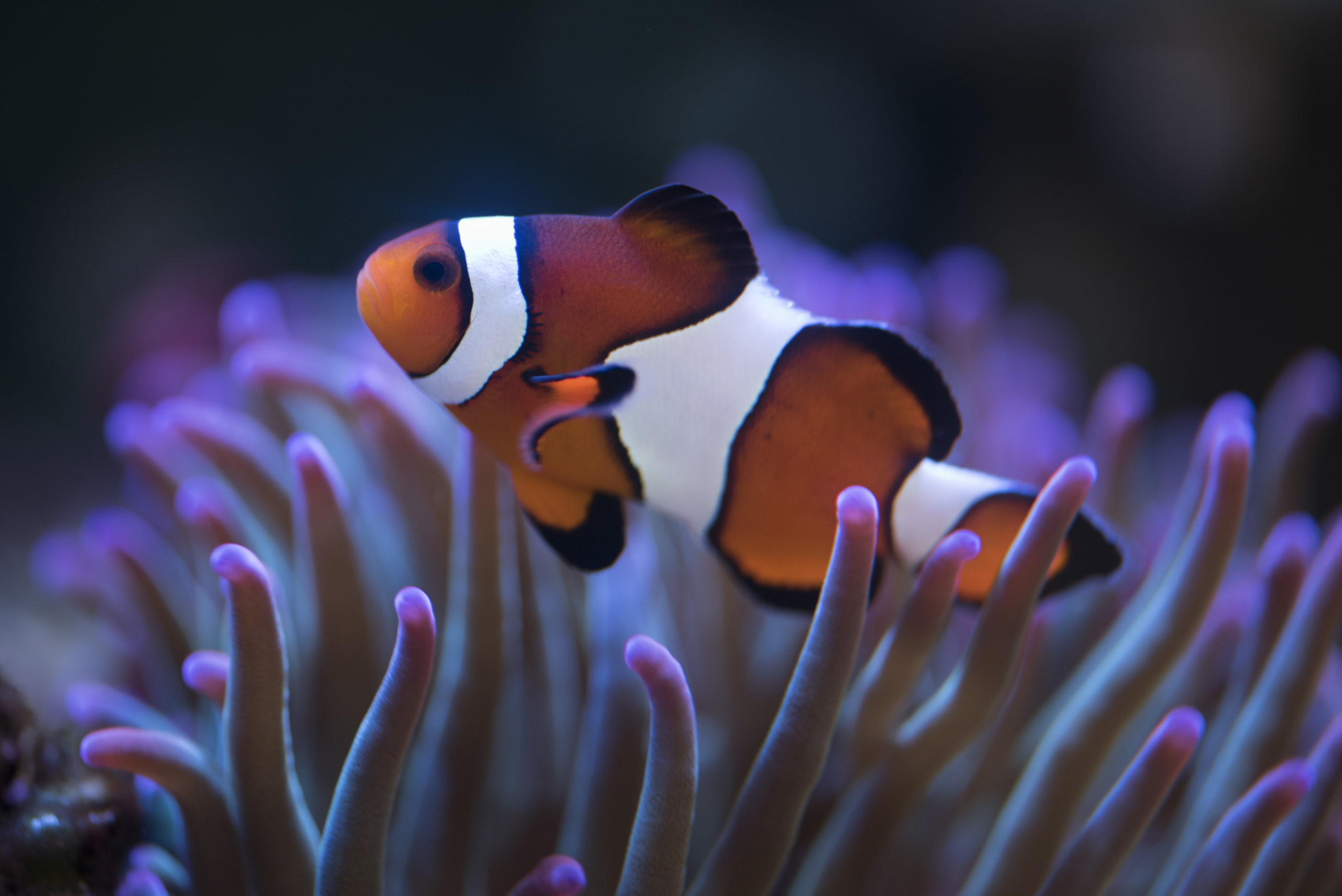
Matheus Mello-athayde
Contact
Matheus A. Mello-Athayde, BSc (Hons), PhD Candidate / Research assistant – CRE lab
ARC Centre of Excellence for Coral Reef Studies Link to student’s page
School of Biological Sciences, The University of Queensland, Gehrmann Laboratories (Bldg 60), Level 7, Research Rd. Brisbane, St. Lucia QLD 4072, Australia.
Ph: (+61) 7 0406 178 842 E: m.athayde@uq.edu.au / matheus.melloathayde@uqconnect.edu.au
Dr Simon Dunn
Mr Giovanni Bernal Carrillo
Mr Aaron Chai – Research assistant
Mr Siham Afatta Taruc
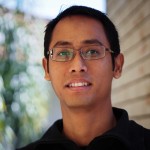 Siham begin his interest in marine science after reading a leaflet mentioning mangrove forest degradation in Indonesia, which brought him to his undergraduate study in 2001 in Diponegoro University, Indonesia. Since then he has been involved both in academic and non-academic activities related to marine conservation in Indonesia, mainly in collaborative researches and public-private partnerships.
Siham begin his interest in marine science after reading a leaflet mentioning mangrove forest degradation in Indonesia, which brought him to his undergraduate study in 2001 in Diponegoro University, Indonesia. Since then he has been involved both in academic and non-academic activities related to marine conservation in Indonesia, mainly in collaborative researches and public-private partnerships.
Siham’s research is focused on the interdependence between the resilience of human systems and marine ecosystems. He is interested in applying methods that allow combining assessments of stakeholders’ perception and ecosystem condition to better guide decision-making.
In 2008, he was involved in a joint-research in Central Java, between The University of Queensland and Diponegoro University. His work provided scientific reference to Karimunjawa islands reserve managers regarding the adaptive capacity of local communities to different future scenarios of herbivorous fishing pressure affecting coral reef habitat decline.
Currently, he is undertaking his PhD study investigating the resilience and sustainability of coastal livelihoods in South Sulawesi, Indonesia. His research uses systems thinking approach and community-based system dynamics modeling to understand the social and ecological system components driving the wicked problem of the use of marine resources in Indonesia’s marine conservation priority areas.
Credentials
BSc. (Hons.) in Marine Science – Diponegoro University
MPhil. in Marine Social-ecology – The University of Queensland
Ms Anjani Ganase
Contact Details
Coral Reef Ecosystems Lab
Level 7, Gehrmann Laboratories (#60)
St.Lucia, QLD 4072
Australia
a.ganase@uq.edu.au
Mr Dominic Bryant
Mr Norbert Englebert
Mr Francisco Vidal Ramirez
[one_half]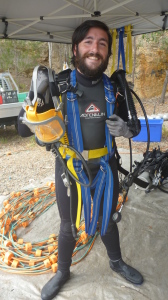 [/one_half]Francisco is from Chile, where he obtained his degree of Marine Biologist at the University of Valparaiso after the completion of a thesis focused on cytogenetics of rocky shore mussels. Immediately after this, he obtained a position for 4 years at the coastal station for marine research (ECIM) from the Pontifical Catholic University of Chile, where he was involved in research that was focused on ecology, photobiology, thermal tolerance, climate change impact and fisheries of marine invertebrates, working along with interdisciplinary groups at the international laboratory of climate change (LINCGlobal) and the Mediterranean institute of advance studies (IMEDEA) in Mallorca, Spain. Ended this period, Francisco moved to Australia to join the Coral Reef Ecosystems Laboratory (CRE Lab) at the University of Queensland where he is currently undertaking his PhD under the supervision of A/Professor Sophie Dove, A/Professor Gene Tyson and Dr. Maria Byrne from the University of Sydney. His PhD project assesses the effects of different ocean warming and ocean acidification scenarios on the performance of sea cucumbers in different processes such as calcium carboate dissolution, recycling of nutrients and the interaction between these invertebrates and different communities present in the sediments they process.[one_half] [/one_half]
[/one_half]Francisco is from Chile, where he obtained his degree of Marine Biologist at the University of Valparaiso after the completion of a thesis focused on cytogenetics of rocky shore mussels. Immediately after this, he obtained a position for 4 years at the coastal station for marine research (ECIM) from the Pontifical Catholic University of Chile, where he was involved in research that was focused on ecology, photobiology, thermal tolerance, climate change impact and fisheries of marine invertebrates, working along with interdisciplinary groups at the international laboratory of climate change (LINCGlobal) and the Mediterranean institute of advance studies (IMEDEA) in Mallorca, Spain. Ended this period, Francisco moved to Australia to join the Coral Reef Ecosystems Laboratory (CRE Lab) at the University of Queensland where he is currently undertaking his PhD under the supervision of A/Professor Sophie Dove, A/Professor Gene Tyson and Dr. Maria Byrne from the University of Sydney. His PhD project assesses the effects of different ocean warming and ocean acidification scenarios on the performance of sea cucumbers in different processes such as calcium carboate dissolution, recycling of nutrients and the interaction between these invertebrates and different communities present in the sediments they process.[one_half] [/one_half]
PUBLICATIONS:
Manzur, T., Vidal, F., Pantoja, J. F., Fernández, M., Navarrete, S. A. (2014), Behavioural and physiological responses of limpet prey to a seastar predator and their transmission to basal trophic levels. Journal of Animal Ecology, 83: 923–933. doi: 10.1111/1365-2656.12199
Llabrés, M., Agustí, S., Fernández, M., Canepa, A., Maurin, F., Vidal, F., Duarte, C. M. (2013), Impact of elevated UVB radiation on marine biota: a meta-analysis. Global Ecology and Biogeography, 22: 131–144. doi: 10.1111/j.1466-8238.2012.00784.x
Accepted:
Vidal-Ramirez, F., Dove, S. Diurnal effects of Holothuria atra on seawater carbonate chemistry in a sedimentary environment.
Under Review:
In preparation:
Conference Proceedings:
Upcoming:
Past conferences:
ECSA55 Unbounded boundaries and shifting baselines: Estuaries and coastal seas in a rapidly changing world, 6-9 September, ExCeL London Exhibition and Convention Centre, London, UK. Title: Effects of Holothuria atra on seawater carbonate chemistry and production under future warming and acidification scenarios. Authors: Francisco Vidal-Ramirez, Olga Pantos, Gene W. Tyson & Sophie Dove. Talk
88th Annual ACRS (Australian Coral Reef Society) conference, 27-29 August 2014, Mercure Hotel, Brisbane, Australia. Title: Role of Holothuria atra in sediment turnover and production under future winter warming and acidification scenarios. Authors: Francisco Vidal-Ramirez & Sophie Dove. Talk.
LIV Annual Meeting of the Biology Society of Chile, 6-10 of November 2011, Hotel Patagonico, Puerto Varas, Chile. Title: Effect of implementation of management areas on the abundance of Fissurella spp in open access areas. Authors: Anna Steel, Miriam Fernandez, Francisco Vidal, Ana Parma, Nancy Barahona, Jorge Guerra. Poster.
IV Binational meeting of Ecology (AsAE and SOCECOL), 8-13 of August 2010, Faculty of Natural and Exact Sciences at Universidad de Buenos Aires, Argentina, Title: Severe effects of hypoxia on behavior, metabolic rate and mortality of larvae of Taliepus dentatus (Milne-Edwards). Authors: Francisco Vidal, Miriam Fernández, Ricardo Calderón, Jessica Barría, Alexandre Fellous. Talk.
2010 Ocean Science Meeting, 22-26 of February 2010, Oregon Convention Center, Portland, Oregon, United States. Title: Influence of UV radiation on variability of grazing and growth rates of plankton communities from the Humboldt Current area. Authors: Alexandra Coello, Francisco Vidal, Sebastien Lasternas, Felipe Maurín, Miriam Fernández & Susana Agustí. Poster.
VII Latin American Congress of Malacology – CLAMA 2008, 3-7 of November, Universidad Austral de Chile, Valdivia, Chile. Title: Study and quantitative analysis of the karyotype of Perumytilus purpuratus Lamarck, 1819. Authors: Francisco Vidal & Rosa Guerra. Poster.
Grants:
2015. School of Biological Sciences Travel Award Prize, The University of Queensland ($1600 AUD)
2012-2016. Becas Chile, CONICYT ($183000 USD)
2009. LINCGlobal and Mediterranean Institute for Advanced Studies (IMEDEA) for processing and analysis of Humboldt Oceanographic Campaign samples ($5700 USD)
2009. LINCGlobal and Pontificia Universidad Católica de Chile for 2009 Humboldt Oceanographic Campaign ($2000 USD)

